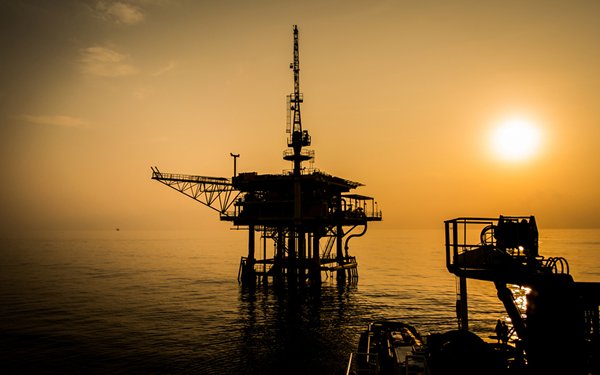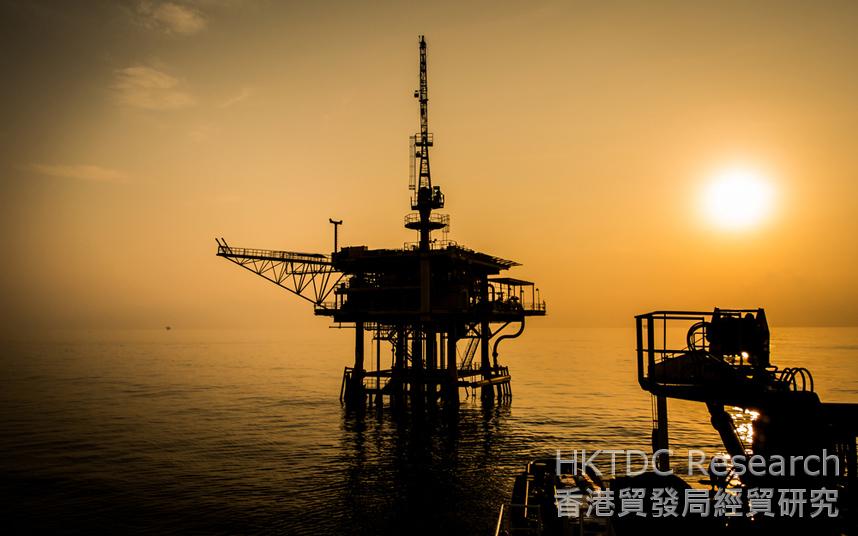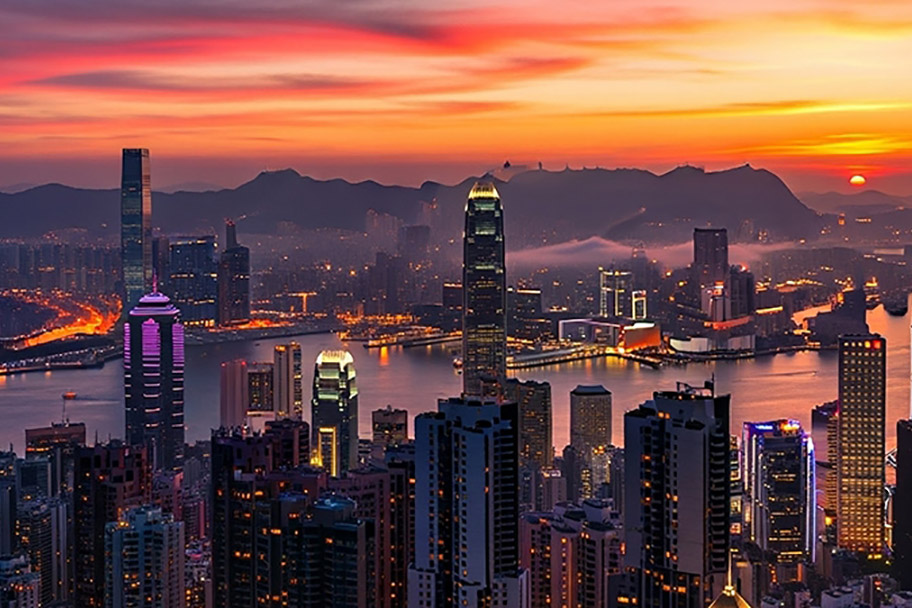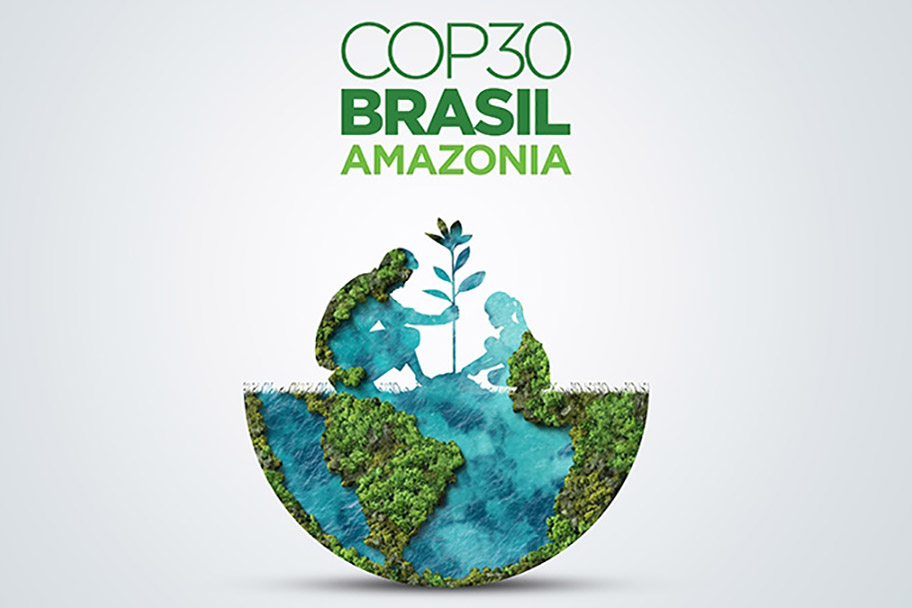Major BRI Gas Pipeline Project Awaits Outcome of Malaysian Election
Development of China-backed Trans-Sabah Gas Pipeline forms part of manifesto of current Malaysian government.

The future prospects of China's first Belt and Road Initiative (BRI) related foray into Malaysia's Liquefied Natural Gas (LNG) sector may depend on the outcome of the forthcoming Malaysian elections. Assuming the incumbent Barisan Nasional Party is returned to power on 9 May, it will look to make good on its manifesto pledge to greenlight the Trans-Sabah Gas Pipeline (TSGP), a project set to be backed by RMB4.53 billion (US$1.16 billion) worth of investment from the Export and Import Bank of China (EXIM).
China's interest in the project is more than understandable. Malaysia is the third-largest LNG exporter globally. In 2016, it accounted for nearly 10% of the world's supply, with plans in place to ramp up production still further. For its part, China is now the world's second-largest importer of LNG, a status that clearly piqued its interest in Malaysia's plans to develop a new pipeline connecting West and East Sabah.
The Malaysian developer of the pipeline is Suria Strategic Energy Resources, a company wholly-owned by the Malaysian Ministry of Finance. Assuming the current government retains its majority, engineering, procurement, construction and commissioning on the project will be led by the Hebei-headquartered China Petroleum Pipeline Engineering Corporation (CPPE), a subsidiary of the China National Petroleum Corporation (CNPC).
Regardless of China's perceived self-interest, the primary purpose of the pipeline is seen as addressing the critical power shortages in East Sabah, a region home to two of the state's largest cities. Currently, the state is reliant on a number of aging power plants, several of which should have long been decommissioned.
A 2011 attempt to build a 300MW coal-fired power station in Lahad Datu, a town on the east coast of Sabah, foundered following a challenge on environmental grounds by the Sabah Environmental Protection Association. It is hoped that the cleaner, gas-fired plant favoured by the Malaysian / Chinese development team will face far less stringent opposition.
In anticipation of the project going ahead, Ranhill Holdings Bhd, a Kuala Lumpur-based conglomerate with interests in the power and environmental-development sectors, has already been briefed by Malaysia's Energy Commission on the development of a 300MW combined cycle gas turbine power plant in East Sabah. The proposed new facility would be constructed by SM Hydro Energy, a wholly owned Ranhill subsidiary, and would be fed by the new TSGP pipeline.
Welcoming the initiative, Abdul Rahman Dahlan, a Malaysian government minister, said: "Thanks to this key energy project, Sabah will be able to move up the value chain, adding value to its local commodities and raw materials. This will reduce the state's dependency on its primary industries and create employment for people throughout the region."
Overall, Malaysia has proved to be one of the Southeast Asian countries most open to participation in the BRI, China's huge international infrastructure development and trade facilitation programme. Speaking in January this year, Najib Razak, the Malaysian Prime Minister, said: "As the world's economic epicentre moves east, it has become clear that Asia's time has truly come and we must make the most of this moment. With this in mind, we must take advantage of the Belt and Road Initiative, which has the potential to become world's largest platform for economic co-operation."
In addition to the TSGP, Malaysia's other major BRI-related infrastructure programmes include the East Coast Rail Link (ECRL), which is currently being developed in partnership with the China Communications Construction Company. Work is also under way on the country's Digital Free Trade Zone, a project being jointly developed with Alibaba, China's e-commerce giant.
Geoff de Freitas, Special Correspondent, Kuala Lumpur





